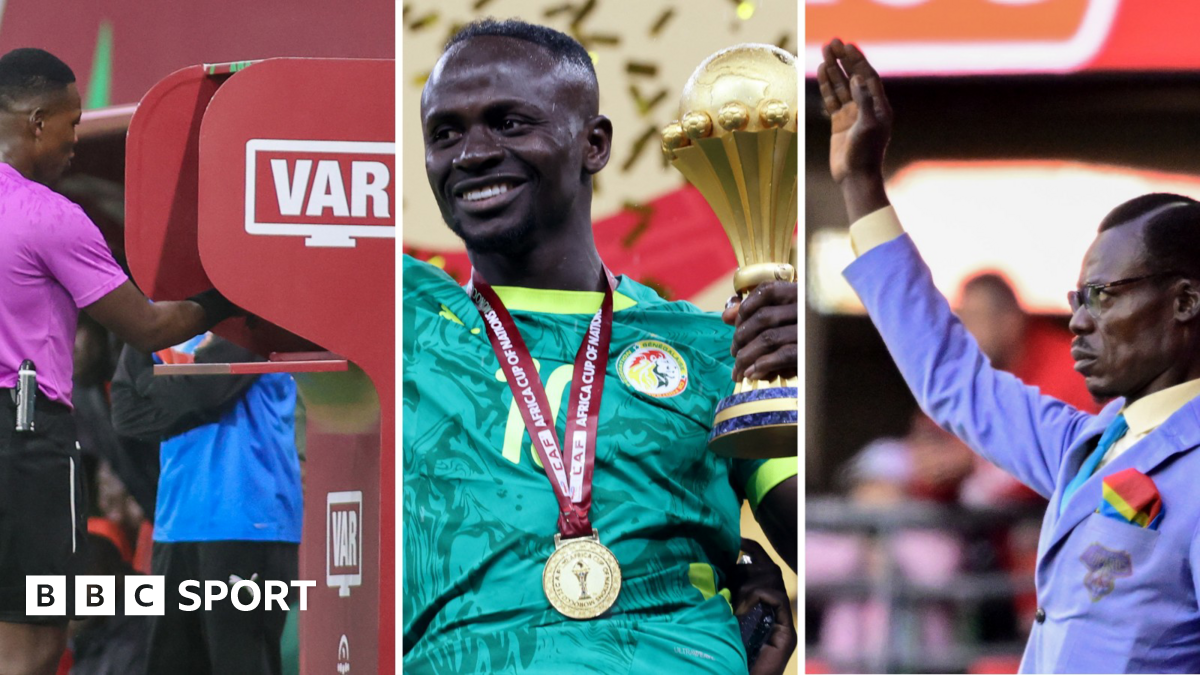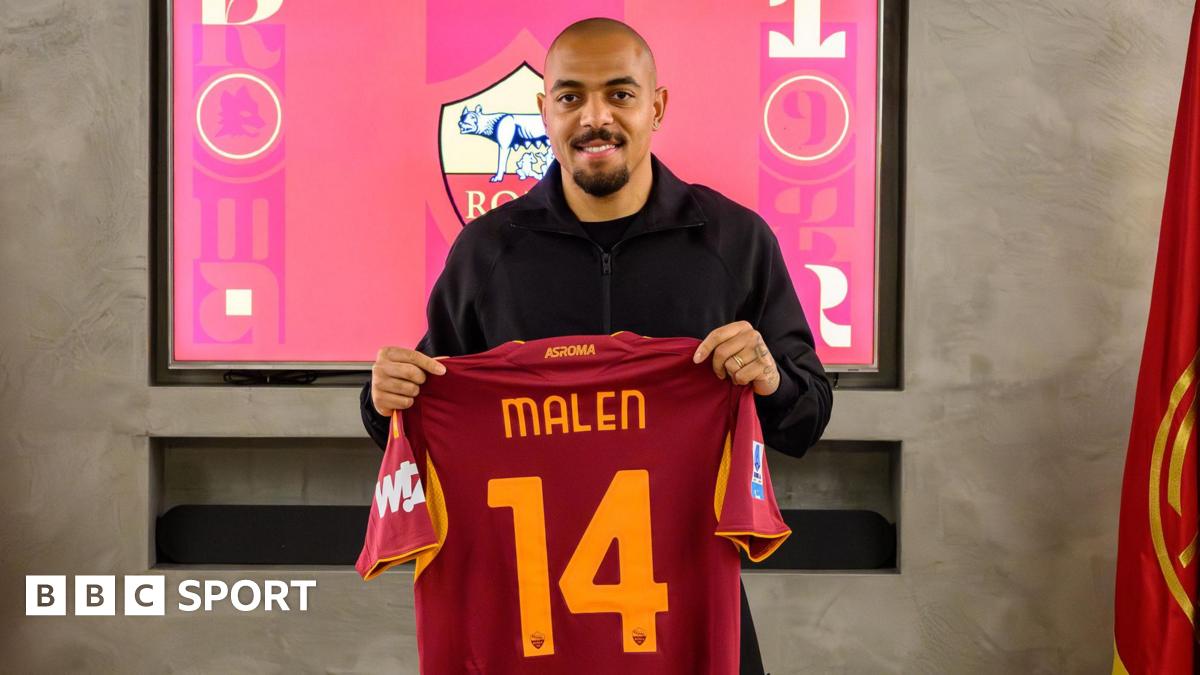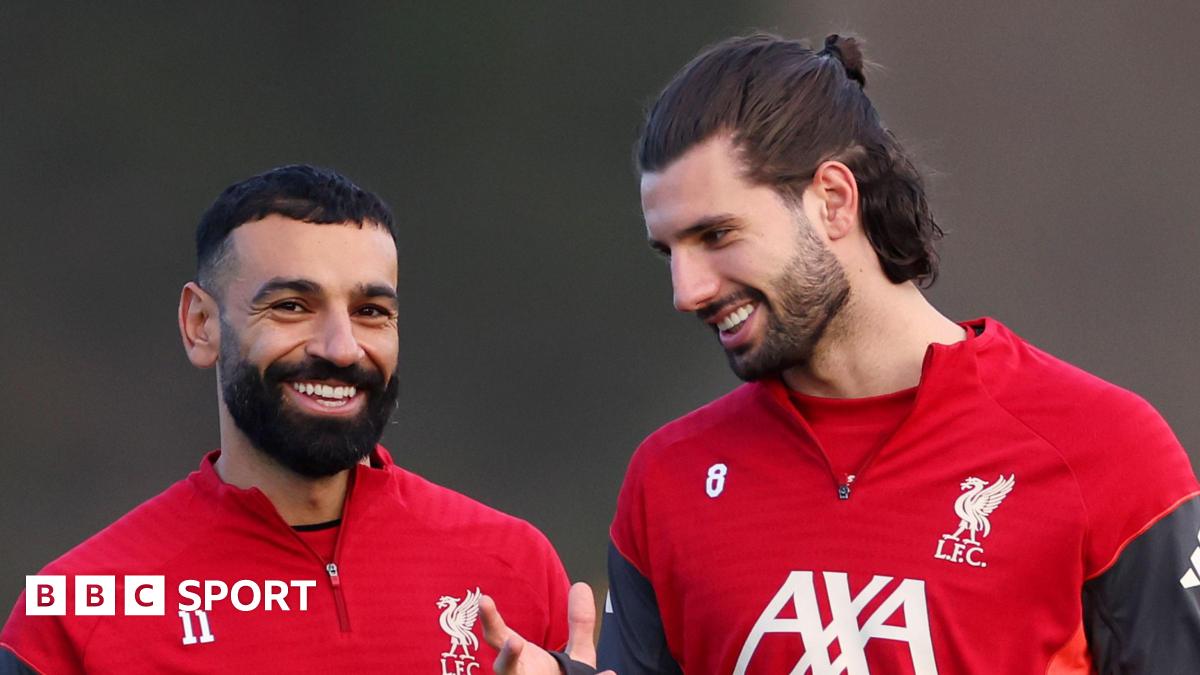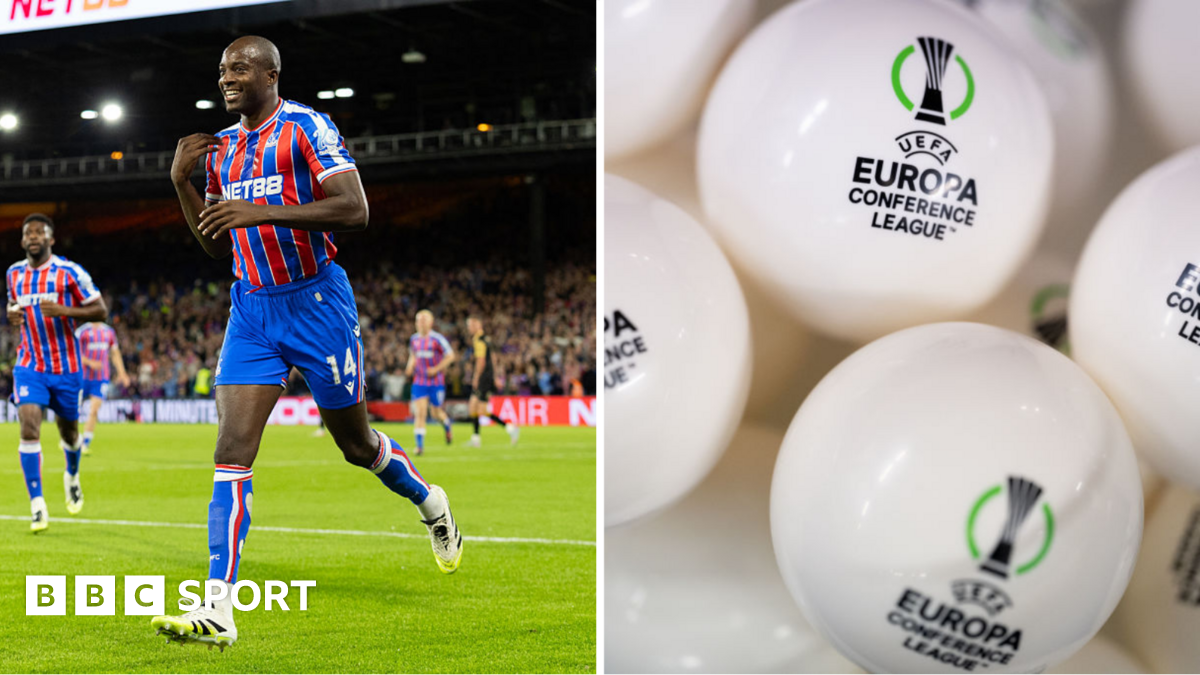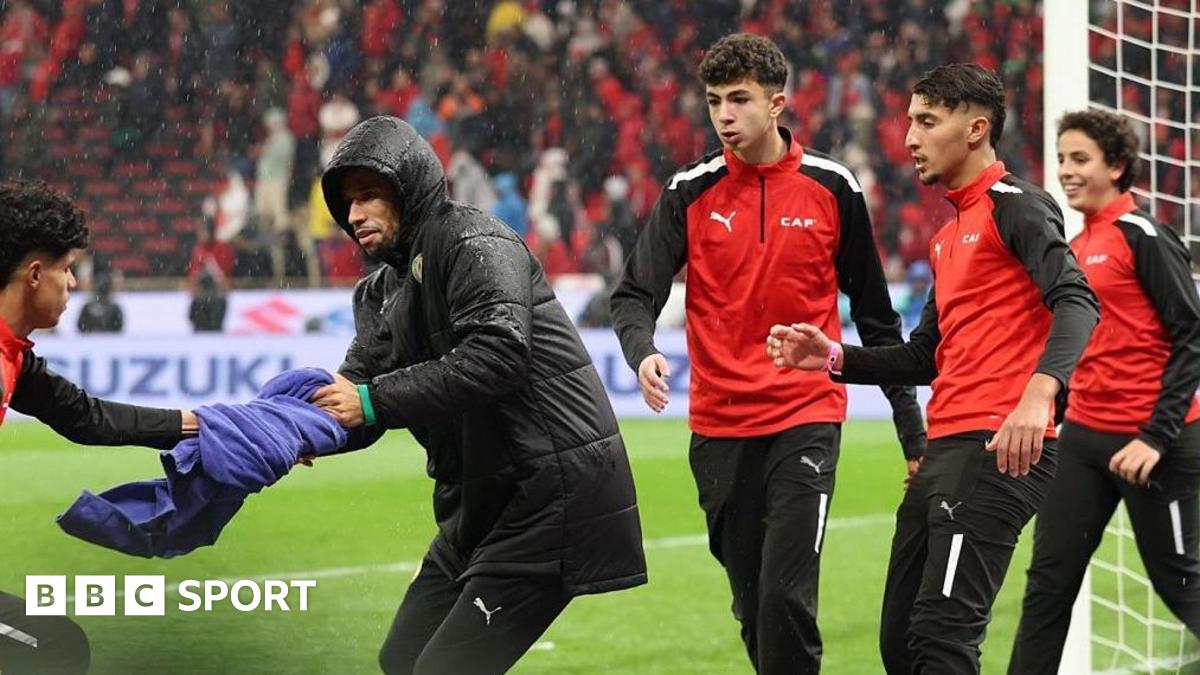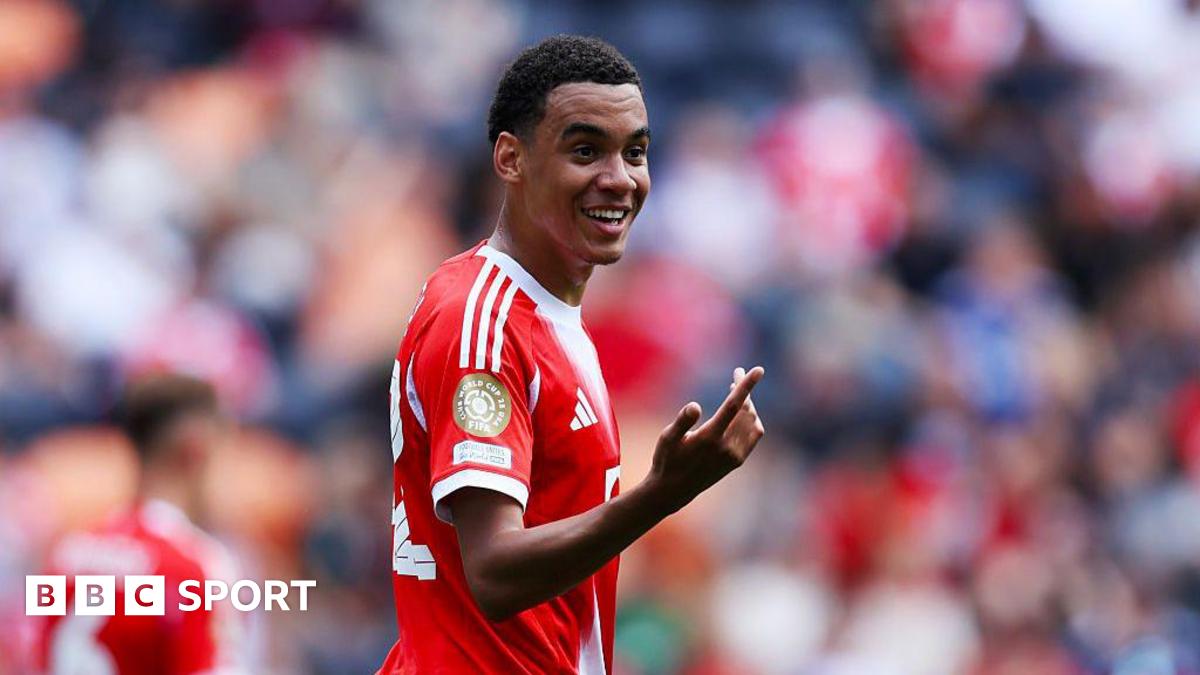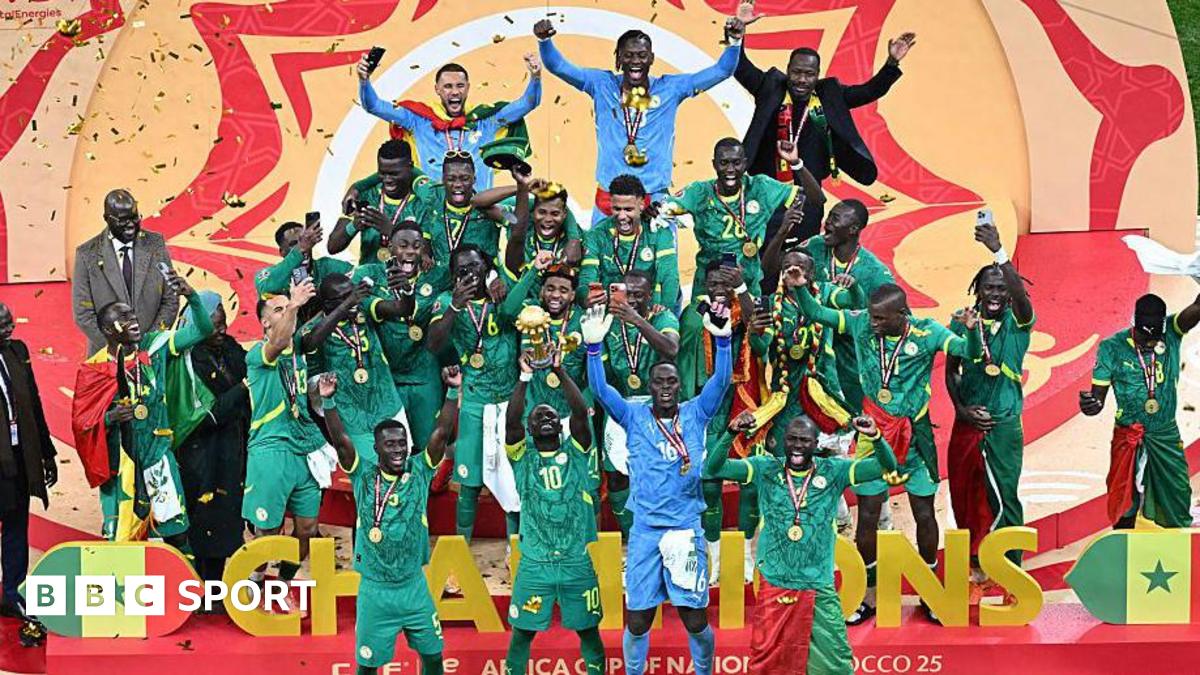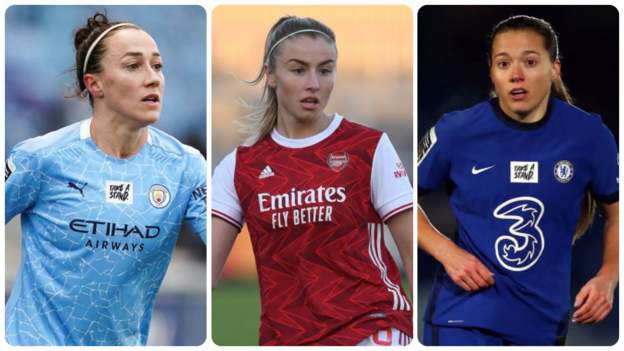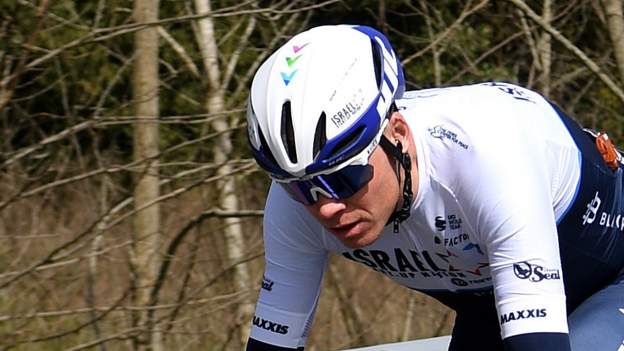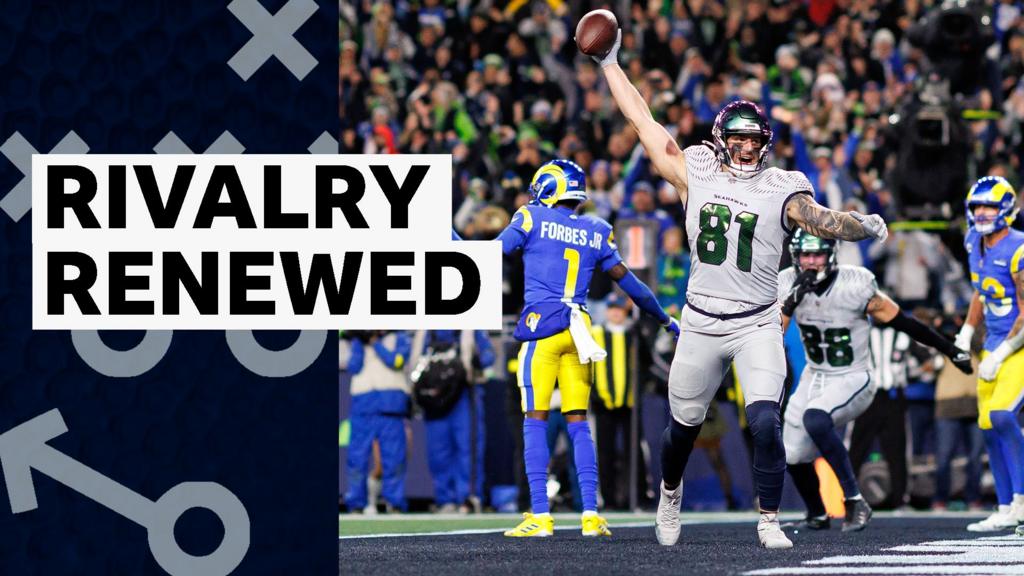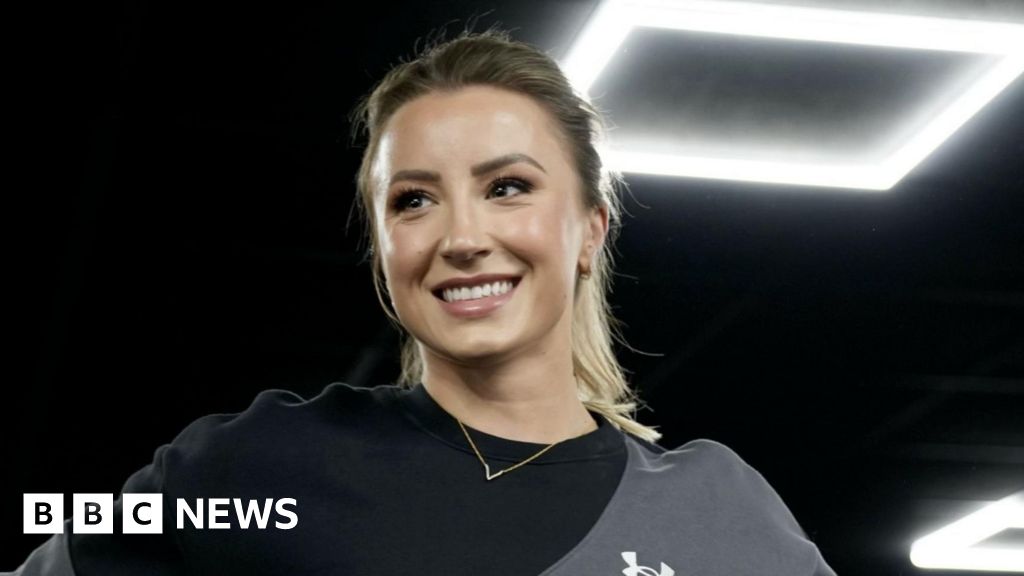The BBC will show the Women’s Super League on network free-to-air TV for the first time in a “landmark” three-year broadcast deal.
From next season, WSL games will be shown live across the BBC and Sky in the deal worth £7m-£8m per season.
Remaining matches not selected for broadcast by the BBC or Sky will be shown live on FA Player.
The BBC will broadcast 22 live matches, with a minimum of 18 shown on BBC One or BBC Two.
Sky Sports will provide coverage of up to 44 matches screened across the Main Event, Premier League and Sky Sports Football channels.
The agreements with both broadcasters will run until the summer of 2024.
The Football Association’s Kelly Simmons expects the deal will give the WSL a massive audience boost.
“It is one of the biggest deals commercially, definitely for women’s football in terms of a domestic deal, and up there for women’s sport,” she said.
“We have benchmarks for what we think are the most successful, high-profile women’s sport leagues in the world like the WNBA (Women’s National Basketball Association) and the NWSL (National Women’s Soccer League), and they are low hundreds of thousands in terms of an average peak per week.
“We anticipate this would significantly be above that.”
England and Manchester City captain Steph Houghton told BBC Sport it was an “amazing step forward” for women’s football and the players can’t wait to “show the world what an unbelievable league we have”.
“The way this sport has developed in this country over the last few years has been unbelievable,” she added.
“I think this will really push our league to be the best in Europe, if not the world.”
What are the broadcast details?
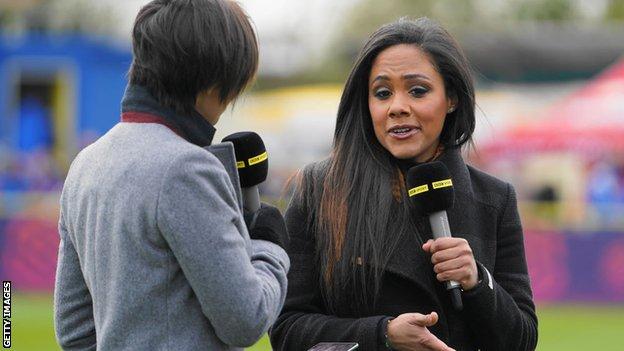
- 22 live matches on BBC TV, including a minimum of 18 on BBC One and BBC Two (remaining matches on the Red Button and online)
- Up to 44 live matches, with a minimum of 35, shown on Sky Sports Football, Premier League and Main Event channels
- Selected fixtures will also be simulcast on Sky One and Sky Sports Mix
- All broadcasters will have rights to online coverage, in-play clips and highlights (WSL clubs also have rights to in-play clips and highlights)
- Remaining matches not selected for broadcast shown live on FA Player
- There will be one free-to-air game on BBC every weekend, with Sky having two other picks
- Selected matches expected to be scheduled on Friday 18:30 GMT, Saturday 11:30 GMT, Sunday 12:30 GMT and Sunday 18:30 GMT
- 75% of investment revenue to go to WSL clubs, 25% to the Women’s Championship
‘A watershed moment for the WSL’
Simmons, the FA’s director of the women’s professional game, said the deal combined two major priorities for the FA: increasing visibility of the WSL, as well as attracting investment to further develop the quality of the league.
“We just desperately want more and better. It’s always about looking forward and trying to fix the things that we’re not happy with. This feels like one of those real step-change moments for the women’s game,” said Simmons.
“The work we do now will be to project those future revenues down the line. We always said to the clubs to believe and invest and now this will be the start of seeing that there’s an ability for the game to take profits and [move away from] reliance, long term, on the men’s game.
“It’s going to be hugely visible next season. I’m sure it’ll inspire thousands and thousands of girls to play the game so I just can’t wait.”
Kathryn Swarbrick, the FA’s commercial and marketing director, added: “This is a moment to celebrate – a watershed moment in the WSL future – with just an incredible outlook.
“That reach, combined with this huge investment into the game, makes us really confident that this is going to be a huge leap forward in achieving our ambition of having the world’s best domestic women’s professional league.”
How does the deal compare globally?
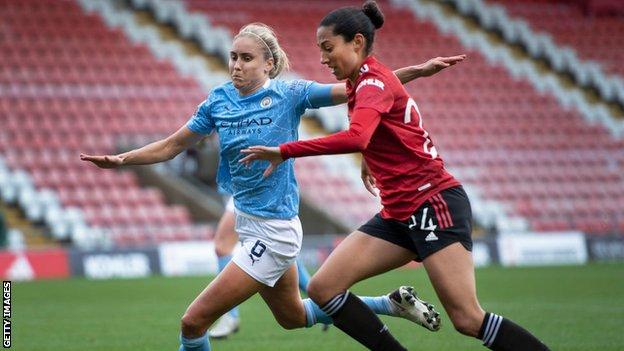
The FA said it expects the audience figures to be “significantly above” the most successful and “high-profile” women’s domestic sport leagues in the world.
They also said it is “definitely” the biggest commercial broadcast agreement in women’s football.
“We’re going to be broadcasting more live games, reaching a bigger audience and bringing in more revenue than any other women’s domestic league in the world,” said Swarbrick.
“I think that is a pretty big testament to the strength of the product that the WSL now is.”
A record-breaking 1.12 billion viewers watched the 2019 Women’s World Cup, according to Fifa, while 28.1m people watched BBC coverage of the tournament on television and online.
“We’re attracting players from all over the world but at the same time, English players in this league are testing themselves against the best,” said Houghton.
“The standard of the league is increasing and that’s mainly because people are training full-time.
“It’s probably only over the last few years – since the 2015 World Cup – that I think it has expanded so quick. To be at the heart of that is really special.”




